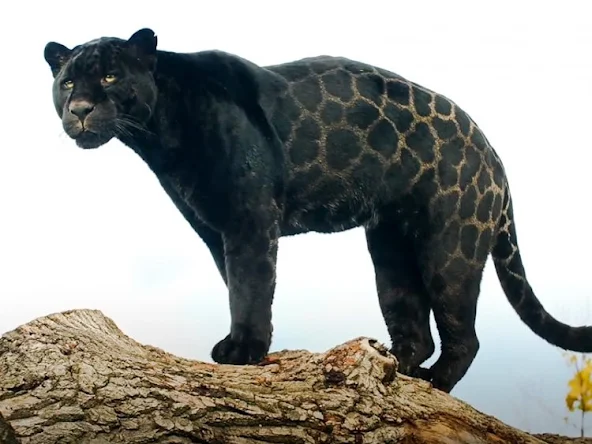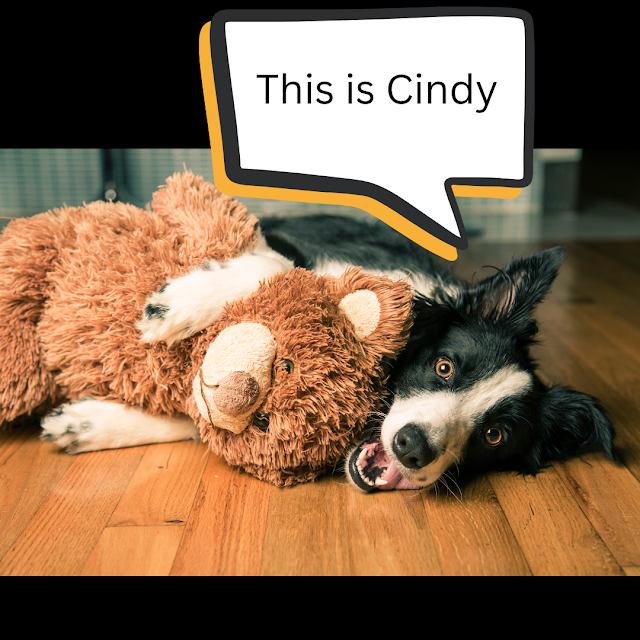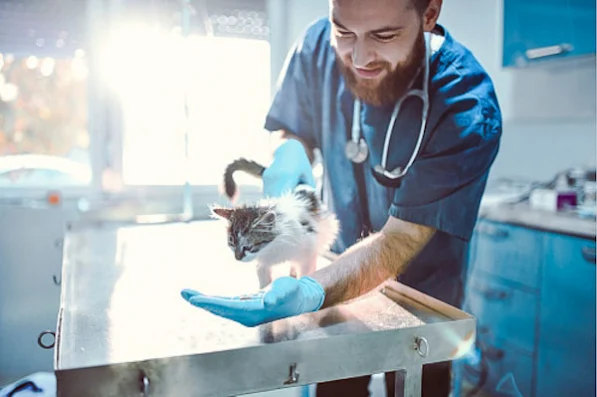No, the word "jaguar" should not be capitalized as the word is not a proper noun. It's interesting because I write these articles using speech-to-text software called Dragon Dictate.
Dragon Dictate capitalises the word 'jaguar' and I don't understand why. It appears to be an error in the software or it is because these words are often used in a human context such as naming a sports team e.g. "the Jaguars are playing the Bobcats tomorrow". Sports teams often adopt the name of a wild cat species for their name. Under these circumstances 'jaguar' is capitalised as it refers to a proper noun: the name of a sports team.
The software also capitalises the words 'tiger' and 'lion'. But this is incorrect, strictly speaking.
 |
| Black jaguar - melanistic jaguar. Photo: The Big Cat Sanctuary from a video by them. |
RELATED: Should 'veterinarian' be capitalised?
Although some authors incorrectly still capitalise tiger and jaguar. Often you will see it in old books when grammatical conventions were different.
With respect to tigers, if you name the region then that name is capitalised such as "Siberian tiger".
An example of a sentence with the word jaguar in it would be: "The jaguar at London Zoo is beautiful".
It's important to note, though, that grammar evolves. Things change over time. The current policy is not the capitalise the names of the big cats. However, you will still see these names capitalised. It's not a big error.
The reason, by the way, is that they are not proper nouns but common nouns. You only capitalise proper nouns such as the name of a place. Common nouns refers to a generic person, place or thing within a group.









